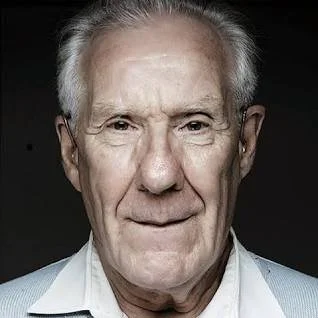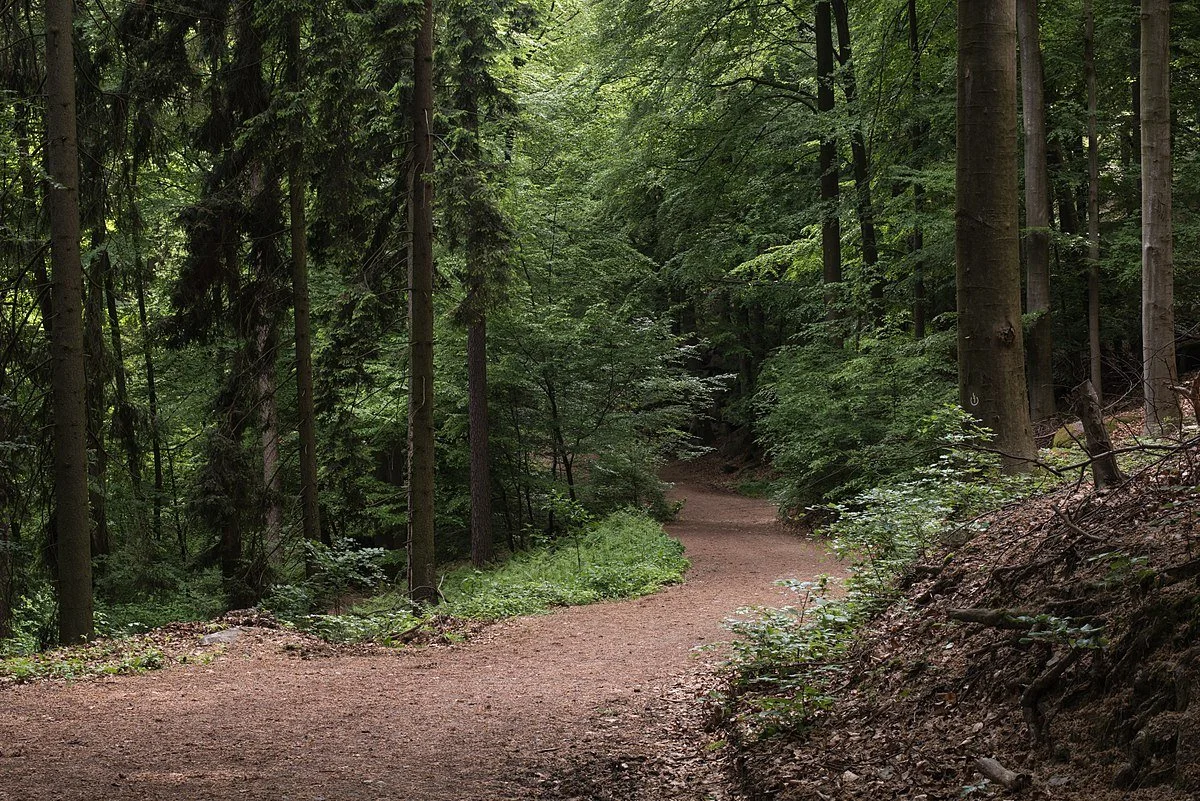Authentic reality only becomes visible when one is finally left with no other choice but to choose, at last and for the very first time, truly to have a choice. That is the point of breakdown of all duplicity, most especially duplicity toward oneself, not just toward others.
Only when one finally arrives at such a crossroads — such a turning point, such a jumping off place — where one is truly faced for the first time ever with genuinely and fully making the choice to choose, and not just to remain the plaything of all the forces that try to force one to go one way or another, does one at last find true freedom.
Søren Kierkegaard saw and said that very thing in the 19th century. Then in the 20th century, heeding the call he heard Kierkegaard issue to follow him down the same path of thought, Martin Heidegger said the same. Early in the 20th century, Alain Badiou followed that same call down that same path.
In a lecture Badiou gave to, and at the request of, a psychoanalytic society in Mexico in March of 2006, he characterizes Kierkegaard’s own thought-path as follows — in my own quite freely chosen translation of some lines in French from that lecture, the fourth, last, and shortest of four Voyages mentaux philosophique, “mental philosophical journeys,” published just last year (2023) in France by Éditions Stilus:
For Kierkegaard […] the essence of choice is the choice to choose, not the choice of this or of that. [. . .] Simply put, one can be brought to the crossroads in such as way that there will be no other way out for one except one choice. So one will make the right choice.
Alain Badiou
* * *
At one point in The Irrelevance of Power (San Jose, CA: Juxtapositions Publishing, 2020, p. 183) — which is available to buy through the “Shop” at the top of this blog site — I wrote the following:
Whatever the expectations others may lay upon us, we all have a natural tendency, to which we are ourselves mostly blind, to fulfill those expectations. Drawing upon this tendency, expectation itself tends to engender the very thing it expects.
We have a tendency to try to live up to whatever high expectations of us we experience others as having, but we have no less of a tendency to try to live down to whatever low expectation we experience them as having of us as well.
None of us can arrive at the “crossroads” to which Badiou refers in the quotation from him with which I end the preceding section of this post unless we cease to be blind to the very “tendency” to which I myself refer in the above lines, the tendency we all have to fulfill what we experience as the expectations “others” place upon us. We can only arrive at such a turning point, such a jumping off place, where we are at last faced with having to choose at last to choose, or else just continuing on as we remain — lost not only to one another, but also and above all to ourselves.
In the same book a few pages later (on p. 217), I address what we need to do when we arrive at such an existential turning point:
Then we just have to make the choice that we have been at that moment given to make — and then to repeat that choice, which is really our choice to keep on having a choice. If we do not continue repeating that choice moment by moment thereafter, then we immediately lose it again, and return our will to its chains.
* * *
What is the right choice to make in a given situation?
Well, in any in any and every conceivable situation, to make the choice to choose is always, without any exception, to make the right choice. Only by making that choice do we set off along the path down which all free beings are called to walk.


